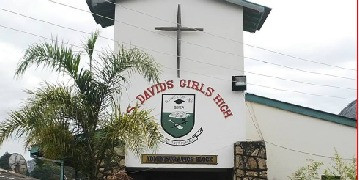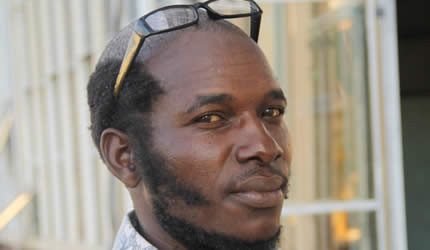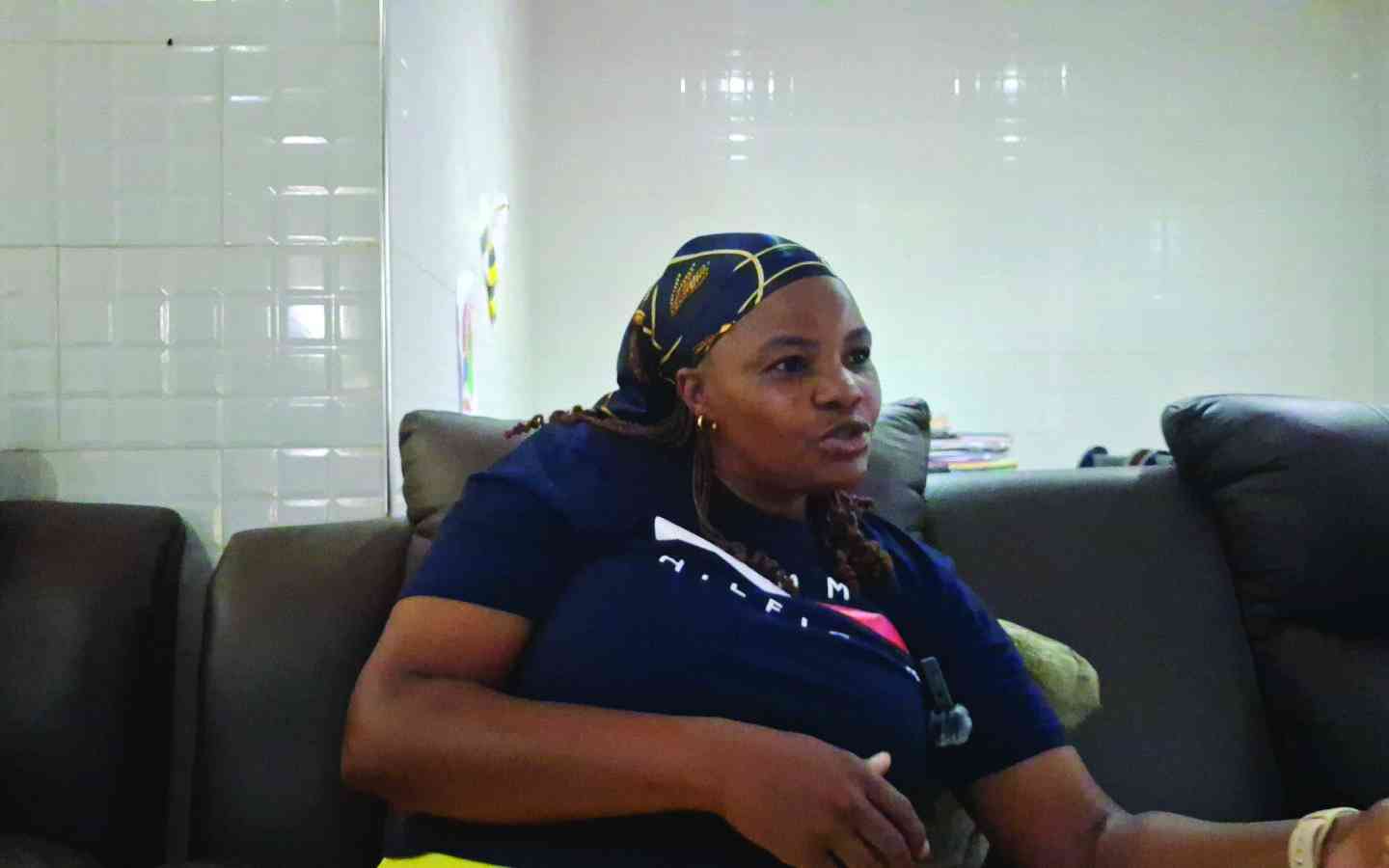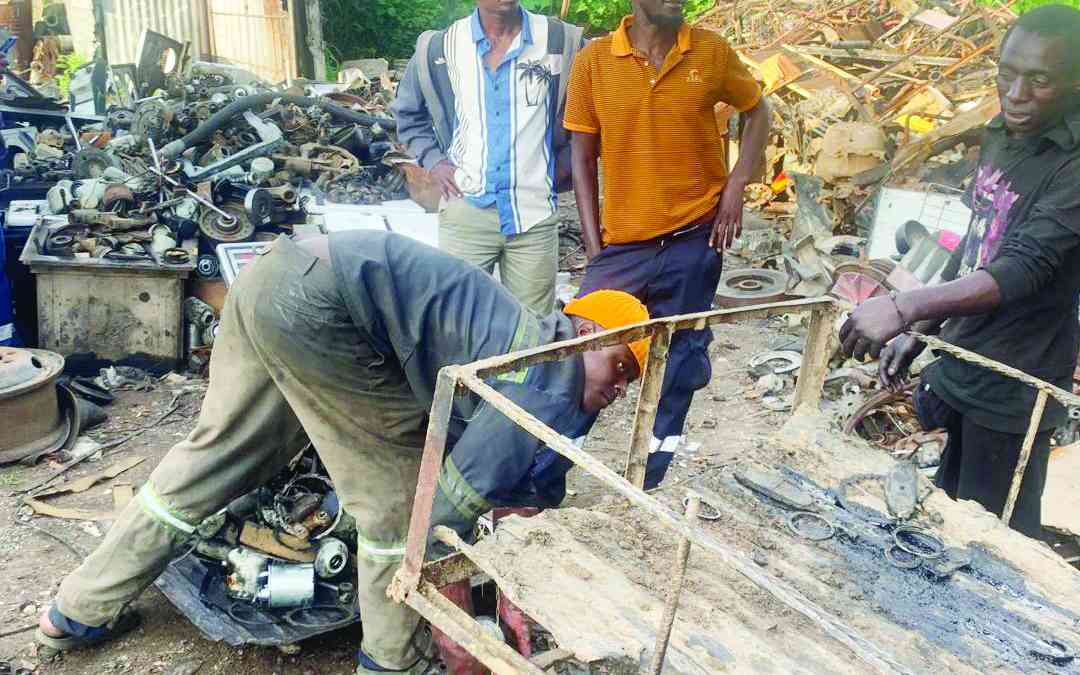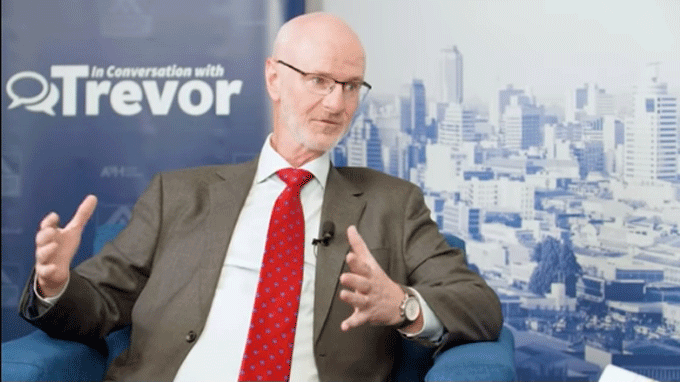
First Capital Bank MD Ciaran Brian McSharry says Zimbabwe still offers a lot of opportunities for investors despite perceptions that the economy is in trouble.
McSharry (CM) told Alpha Media Holdings chairman Trevor (TN) on the platform In Conversation with Trevor that there is optimism that the economy will recover.
The experienced banker spoke about a wide range of issues, including First Capital Bank’s transition from Barclays.
Below are excerpts from the interview.
TN: Ciaran, welcome to In Conversation With Trevor.
CM: Thank you very much. Thank you.
TN: I am delighted that we have finally pinned you down.
- Your busy schedule has kept us running all over.
- Welcome. How does an Irish man end up running a bank in Zimbabwe, Ciaran?
CM: I don’t know. Hahahaha.
- Chamisa under fire over US$120K donation
- Mavhunga puts DeMbare into Chibuku quarterfinals
- Pension funds bet on Cabora Bassa oilfields
- Councils defy govt fire tender directive
Keep Reading
TN: Hahahaha.
CM: Look, I have a long history of banking in the (United Kingdom) UK.
I worked in the UK for many, many years with Barclays.
The last job I did for Barclays really was working on the South African separation, the separation of Absa as we called it in Barclays, the sale of Absa.
Then in December 2017, around the time First Capital Bank acquired Barclays, Barclays and I separated, we went our separate ways.
At that point First Capital Bank came and talked to me and asked if I would be interested, and I had no hesitation.
TN: So Zimbabwe found itself with an Irishman running a very important bank?
CM: Yes.
TN: Looking at your profile Brian, you have tremendous experience; interestingly you tend to stay nine years in institutions. Hahaha.
CM: Hahahaha.
TN: I was looking at that and wondering is there a trick around nine years that Ciaran spends in these places? You were at Lloyd’s Bank Group?
CM: Correct.
TN: You spent a bit of time there. You were at Bank Of America, and Merrill Lynch.
- You spent nine years there, 2000 to 2009.
- You were at Barclays Group from 2009 to 2018. At some point you were acting managing director.
- Talk to me about that assignment of managing the transition from Barclays Bank to First Capital Bank?
- How was that whole experience? Is it now over?
- I will tell you what, changing branding is not an easy thing.
- I am 59 years old, most streets in Harare I still call them by their old names.
- Are you overcoming that tendency to hold onto old names and old brands?
CM: We are slowly overcoming it, it is not here yet.
Barclays was a name here for 130 odd years, so you cannot change that overnight.
First Capital was not a name that was known here, but we are starting to get there, people still refer to Barclays, people who have banked with us for over 30-50 years, and it is hard for them to change that out.
So it is coming, it is a journey. It is not going to happen overnight.
TN: What was the process like? What were the sticking points as far as the transition is concerned?
CM: The biggest sticking point really, there is a couple, but probably the largest challenge we had was systems.
If you think about a bank and all the systems involved with it, every system we had was plugged into the Barclays systems.
TN: Wow.
CM: So everything had to be changed.
Your core banking systems, your HR system, your finance system, every single thing.
So when I got here in May 2018, that process had started and we were due to go live in February 2019, then a change of currency.
So within two or three weeks of that we managed to postpone the go-live and we went live the weekend of March 17 2018.
Not a good weekend for a bank to go live. We went live and that was very successful.
Was it perfect? Absolutely not.
The positive thing was our core banking system performed extremely well.
Where we had some challenges was around our customer facing systems, and that was frustrating.
It took us the best part of a year to settle all of that down and get it working properly and I am pleased to say we have pretty much done that now.
TN: And the culture issue? The people issues? How has that?
CM: That is a work in progress. That is a journey. Again, people have been with Barclays, or First Capital Bank for many, many years.
You know we had one lady with us for 40 plus years.
You cannot change that culture overnight, but we are getting there you know.
I try very hard to be myself, which is very open.
I will leave my door open at my office, anyone can come in and talk to me and that is a new style.
It is also about speed of execution, we have got to try and make sure we are responding to customers very quickly, focusing on our values as a business.
Our values are really important to us.
TN: Interesting Ciaran that my first bank account was with Barclays, and I opened that bank account at the University Of Zimbabwe.
- There was a branch at the University of Zimbabwe.
- I think that was in 1983.
- So there is that brand loyalty, and trying to shift brand loyalty to First Capital has been a process, but I think I am now there.
- I can imagine that is a kind of issue for you guys as you market, as you roll out your branding and that kind of stuff?
CM: It is. It has been an issue and a challenge, but that being said we did not really lose many customers.
Most of our customers stayed with us.
TN: Yeah.
CM: Now the challenge here is people do not close bank accounts, and they multi bank.
TN: Yes.
CM: So it is really whether you are seeing the flow through the account at the same level. Broadly we are.
Have we kept every bank account? Absolutely not.
There are however a number of things where we have had two or three customers who come in, and I talk to customers, and they were very frustrated with what we were doing.
Very frustrated.
TN: Because of the change over?
CM: Well it was not so much the changeover.
I think what you have to remember is the context of Barclays before the acquisition right?
Having worked in London many years ago, 2012/13 roughly, there was a non-core group setup within Barclays, when ABSA decided to separate, there were two countries that ABSA said they do not really want to continue with, namely Zimbabwe and Egypt. Okay.
So they were put into a non-core business.
So you had four or five businesses that you would call care and maintenance, was not really investment into the business, it was not growing etcetera.
We had to come in and wake a business again, and get it going and get people enthused and driving and pushing forward, and that is part of that culture change.
So it is important to understand that, where we were and where we came from.
TN: Very Important.
CM: So when I came in as the acting MD and you would go to talk to customers and they would say they cannot get a loan and ask why they could not get a loan, and you would explain the context of what was happening at the time.
There was one particular customer who came in and he said he was coming in to close his bank account as he was frustrated, having been 30 years with us and we would not lend him money.
So I told him to sit down and let us have a conversation.
I told him the context of where we had come from, where we were and where the economy was at the time.
When he left my office half an hour later he said can I have a loan.
I said well we have explained it, but he said well if you give me approval for a loan now when you are ready I can withdraw so I said fine.
TN: Well, what lesson did you get from that encounter with that client?
- It looks to me there are lessons from that encounter?
CM: The lesson is to be open and honest with customers.
Give them the context of why you are making a decision.
If I say to you when you come to me to borrow money and I say no, you walk away frustrated.
If I explain to you that liquidity in the market is very tight and I have to make sure we manage the liquidity of the bank.
Therefore, I cannot as a corporate, lend you money at the moment, there is the reason and that is why.
You understand it.
TN: Yeah.
CM: Yes, you may not be as happy, but at least you understand why, and that to me is very important, open and honest conversations with customers.
TN: Interesting that you say the systems. I mean I can imagine the systems at the backend having to be disconnected to use a term.
I am wondering why that had to be because Barclays Bank PLC still holds 10% of the equity? That’s changed hey?
CM: That has changed. So part of the deal was in 2017 Barclays would retain 10% for two to three years and late last year that was sold.
We as First Capital acquired that. The rationale for Barclays retaining that was part of the transition process.
We were retaining the brand name if you remember, that first year or two, and then we went into a co-brand, and then we became First Capital.
So clearly Barclays wanted to make sure they were invested and protected their brand reputation.
That was partly why they did that, and we had a Barclays representative on the board here, and we also had a Barclays representative on the group board as well, and indeed we still do because they bring a lot of value to us.
TN: In terms of the other shareholding? FMB Capital Holdings PLC (42%). Barclays Bank Zimbabwe Employees (15%). Is that still the situation?
CM: No. 52% FMB Capital Holdings, employees 15% as part of that deal. Then we have a number of other shareholders.
Old Mutual will be one of the other bigger shareholders we have in the group.
TN: I was looking at your half year results, and you were very positive when you reported the last six months in June. Are you still positive?
CM: Yes we are still positive.
TN: What are the reasons for that positivity?
CM: Well look, we have seen a balance sheet growth.
We are seeing our ability to lend to customers. We are seeing a return on investment.
You know for the first time, I do not know how many years we paid a dividend.
We met the minimum capital requirements and we have had a good finish to the year.
I obviously won’t go into the details as we are in a closed period.
So we are positive. Does that mean there are no challenges?
No, but we are positive about the future.
I mean this is an amazing country when you look at it.
I met with one of the government ministers this morning and I said to her you look at the macro economic environment of this country as an outsider and you would not come here.
You just would not touch it.
However, you come in and look at individual businesses, and they are very well run.
The actual micro (economy) in this country is phenomenal, you know.
There are some very good businesses here and some great opportunities.
When you talk to people on the ground, they are also feeling the optimism.
So people are very optimistic.
TN: Is the optimism sector specific or it is across the board?
CM: I think it is across the board. The area you would not have much optimism understandably at the moment is the tourism industry, but that is a global issue.
My sense is that should open up in the next year or so.
We are seeing, certainly in the Northern Hemisphere things start to open up more, and I think that it is only a matter of time before it comes back to here.
Generally there is an air of optimism, but equally, being a banker and an accountant by qualification, there is an air of pessimism, you have to be careful and balance that.
There is a lot of uncertainty out there as well.
There is policy volatility, there is uncertainty in terms of the macro and where we are going, and we know we have an election on the horizon.
So there is also all of those things you have to balance off.
Generally business on the ground is optimistic.
- “In Conversation With Trevor” is a weekly show broadcast on YouTube.com//InConversationWithTrevor. Please get your free YouTube subscription to this channel. The conversations are sponsored by Nyaradzo Group.

